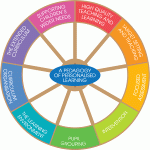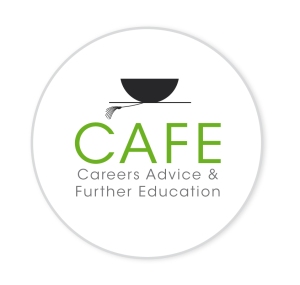“Silly boys”, “schoolboy pranks,” “schoolboy errors.” Remember these phrases from school?
Well they are no more!
Such uses of these phrases are to be banned from the lips of school teachers. Recent claims state such comments can reinforce the view that boys are more likely to misbehave than boys and that children’s beliefs become a “self-fulfilling prophecy” that influences their academic achievements.
Teachers are warned against using stereotypical language or separating classes into “boys vs girls” to avoid adding to children’s preconceived ideas about the gender divide. Although these phrases tend to slip off the tongue, harmlessly, they may actually be going more harm than realised by reinforcing children’s perception that judging and evaluating people based on gender is acceptable.
In recent years, the gender gap of achievement throughout primary and secondary education has widened, with girls far more likely to obtain good GCSE and A-level results in their teens and reports suggest this may be linked to boys’ and girls’ personal perceptions of their abilities at a young age.
Research shows that pupils from all ages are more likely to identify girls as the better behaved and harder working pupils and even boys were more likely to pick out girls as high achievers. With the use of gender divides and stereotypical language in the classroom, boys tend to contribute to the expectation that boys behave worse and under perform therefore contributing to the notion of a “self-fulfilling prophecy.” Research has shown that boys as young as seven or eight years old hold the belief that girls are smarter than boys and they are more likely to be more successful. Although in reality, we know this is not true.
However, although males tend to achieve less in exam results, in the world of work, men are the higher achievers with the most prestigious careers. Whereas, although females are gaining the higher grades in Maths, Science and English there still appears to be a lack of females in high managerial positions or careers where such knowledge is being used effectively. This suggests that not only are boys subject to stereotypical language that affects their grades but more detrimental is girls being given advice to enter stereotypical job roles.
In addition to the gender gap in education widening, there is little progress in narrowing the wage difference between men and women, calling for a change in the education system to encourage girls to opts for non-traditional jobs.
Despite the monumental changes in women’s position in the workplace, there is still clearly job segregation, with women dominating caring, cashiering, clerical, cleaning and catering sectors, where pay rates are lower.
In order for things to change, schools need to be the foundations for instilling ambition so that everyone has the opportunity to use their talents to their maximum potential. Goals need to be set for tackling stereotyping in careers advice, increasing the take up of vocational skills and providing work experience placements for girls in non-traditional sectors.
It is clear that women have outperformed men in education for many years now yet many females still end up in low paid, part time work once they become mothers.
Giving parents the chance to balance childcare responsibilities with a job that fully uses and develops their skills would boost the productivity in the UK, immensely which is exactly what is needed for our economy at the moment to get things moving again.
Saphra Bennett








